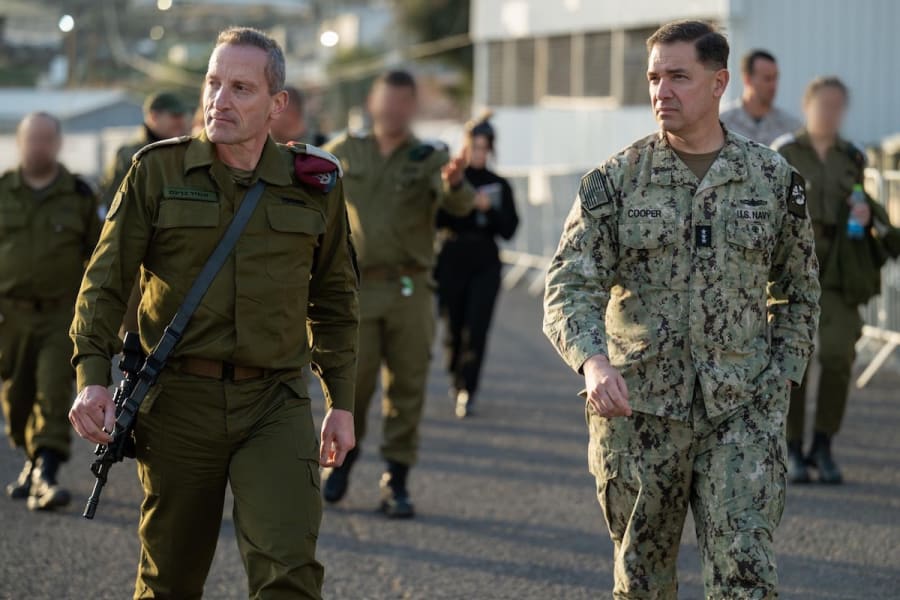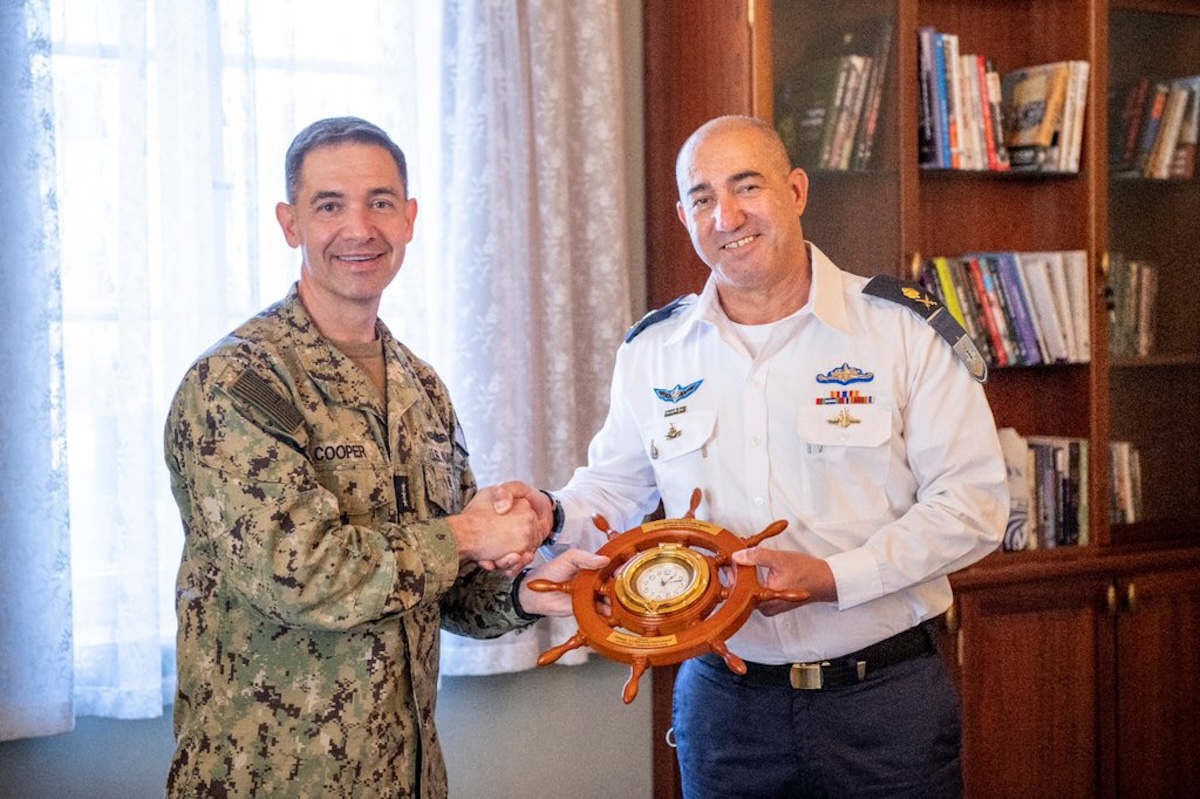Pro-Israel Vice Admiral Brad Cooper poised to lead US CENTCOM amid rising tensions with Iran

Vice Admiral Charles Bradford Cooper is expected to become the next US Central Command (CENTCOM) commander to head US military operations in the Middle East.
Cooper, 58, was born in Winston-Salem, North Carolina, and is expected to succeed current CENTCOM commander Michael Kurilla, a known supporter of Israel, whose term concludes this summer. Currently serving as CENTCOM’s deputy commander, Cooper is believed to have strong ties with the Israeli military. His appointment is pending U.S. Senate confirmation, which would include his promotion to the rank of full admiral (four-star general).
In April, a New York Times report stated that Israel was pushing for a joint U.S.-Israeli strike on Iran’s nuclear facilities before the end of Kurilla’s term this summer. The reported reason was Kurilla’s support for potential American or Israeli strikes against Iran, prompting concerns that his successor might be significantly less supportive of Israel.
An unnamed Israeli official praised Kurilla and commended the top general’s detailed knowledge about the Israeli military, operations and equipment.
“He knows the type of every munition launched at Israel that night, and where each interceptor was positioned,” the Israeli source said about Kurilla. “Wake him in the middle of the night, and he’d ace a pop quiz better than some of our own officers.”
However, it appears that Kurilla’s likely successor, Cooper, also embraces close ties with the Israel Defense Forces and has solid military command experience in the Middle East.

Before he was appointed CENTCOM’s deputy commander in February, Cooper commanded U.S. naval forces in the Middle East for three years. He has served as a commander in the crucial U.S. Fifth Fleet. In addition, he has also held leading positions in the U.S. Africa and Pacific Commands. Cooper’s service experience in combat operations in the Persian Gulf and the Red Sea could become crucial in a potential future military confrontation with Iran and its regional terror proxies.
Cooper combines a pro-Israel position with deep knowledge about the complex security challenges in the Middle East. Cooper characterized the U.S. military’s efforts in December to protect commercial shipping in the Middle East as “the largest and most intense operation by the U.S. Navy since World War II.”
In March, Cooper played a leading military role when U.S. President Donald Trump ordered massive U.S. strikes on the Iranian-backed Houthi terror group in Yemen. Trump vowed to stop the Houthi attacks on international shipping in the Red Sea.
Earlier this year, Cooper traveled to Israel, where he was hosted by Deputy Chief of Staff Amir Baram. During the visit, he toured Israeli Air Force bases and held discussions with senior military officials about the threat posed by the Houthis.
Israel is one of Washington’s closest international allies. In 2021, following the signing of the Abraham Accords normalization agreements, responsibility for U.S.-Israel military coordination was formally transferred from U.S. European Command to CENTCOM.
Since then, CENTCOM has increasingly promoted integration and cooperation between U.S. forces, the Israeli military and moderate Arab states. The strategic goal is to create an emerging informal military alliance as a regional counterweight to the radical “axis of resistance,” consisting of the Iranian regime and its terrorist proxies Hamas, Hezbollah and the Houthis.

The All Israel News Staff is a team of journalists in Israel.













